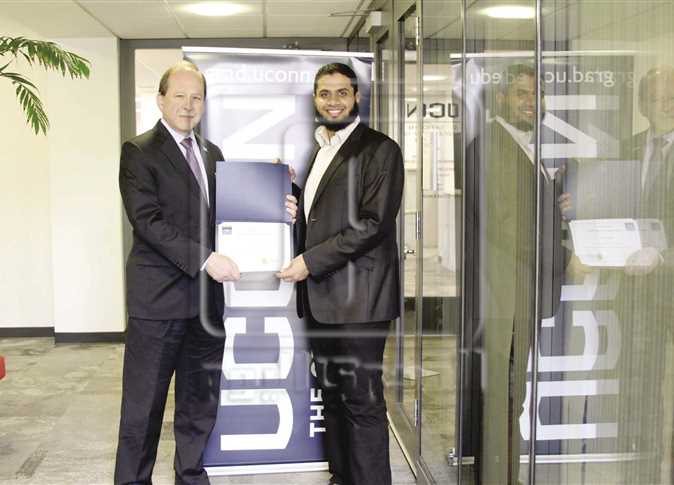
Egyptian researcher Islam Mosa, who works at the University of Connecticut, has developed a supercapacitor battery that can be used in pacemakers implanted in the body. It is characterized by its small size — thinner than a human hair. Its total area is "square centimeters" and it also works for an entire lifetime.
Implantable cardiac pacemakers are currently powered by bulky batteries that require surgery when their charge weakens and they need to be replaced. This poses a risk for infection. The batteries’ internal electronic components also can be toxic to the body should they ever leak.
Mosa said in statements to al-Masry al-Youm that his new supercapacitor battery is the first of its kind and operates with a completely different technology than ordinary battery technologies used in pacemakers.
He said the supercapacitor is protein-based electrochemical capacitors (ECs) employing new heterostructures in which two-dimensional graphene sheets are interlayered with human proteins, while utilizing biological fluids as electrolytes.
Mosa added that the new supercapacitor battery will be put on the market after about seven years, which is the time required for approval of the US Food and Drug Administration, and to ensure its safety.
Mosa's research has been published in the prestigious scientific journal Advanced Energy Materials, one of the world's top three energy journals.
The 33-year-old Egyptian researcher graduated from the Faculty of Science in the Department of Biochemistry at Tanta University. He worked as a teaching assistant and then traveled to the United States in 2012 to obtain a doctorate degree from the University of Connecticut.




